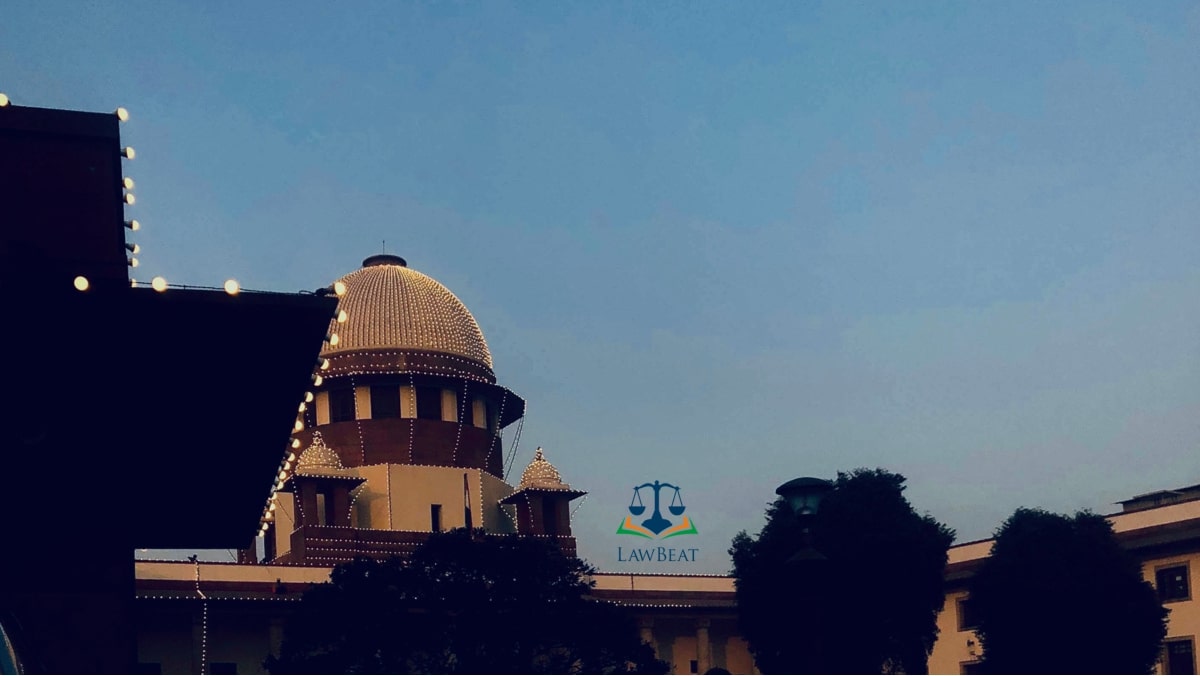Supreme Court issues notice in plea challenging Unlawful Activities Prevention Act

The Supreme Court on Wednesday issued notice in a plea challenging validity the Unlawful Activities Prevention Act, 1967.
A bench of Chief Justice of India NV Ramana, Justice DY Chandrachud & Surya Kant issued notice upon the Union and tagged it with similar plea's.
Senior Advocate Chander Uday Singh appeared for the petitioners Harsh Mander, Wajahat Habibullah, Amitabha Pande, Kamal Kant Jaiswal, Hindal Hyder Tyabji, MG Devasahayam, Pradeep Kumar Deb, Baldev Bhushan Mahajan, Julio Francis Ribeiro, Ashok Kumar Sharma, and Dr. Ish Kumar.
The Petition deals with four issues primarily- lack of protection to the rights of individuals being tried on the charges of being "terrorists", lack of protection of the rights of individuals charged with carrying out "unlawful activities", the process of sanction under Section 45 of the Act and the restrictions on the grant of bail under proviso to Section 43D(5).
The Petition states that "the proviso to Section 43D(5) is arbitrarily used to quell dissent than to achieve the actual objectives of the Act."
The Petition submits that the inherent arbitrariness of the Proviso to Section 43D (5) and the absolute power contained therein, effectively ensure that the provisions of the UAPA are being used as a preventive detention law whereas the UAPA is not a preventive detention law.
The Petition also seeks, inter alia that the Union of India be directed to publish the name of every person against whom prosecution is sought to be initiated in the Fourth Schedule; provide the detailed sanction order containing reasons reflecting the independent review of the material by the sanctioning authority; set up a suitable scheme for compensating people who are incarcerated under the UAPA and who are eventually acquitted, with the quantum of compensation increasing in proportion to the time spent in jail.
Case Title: Amitabha Pande & Ors. Vs. Union of India
